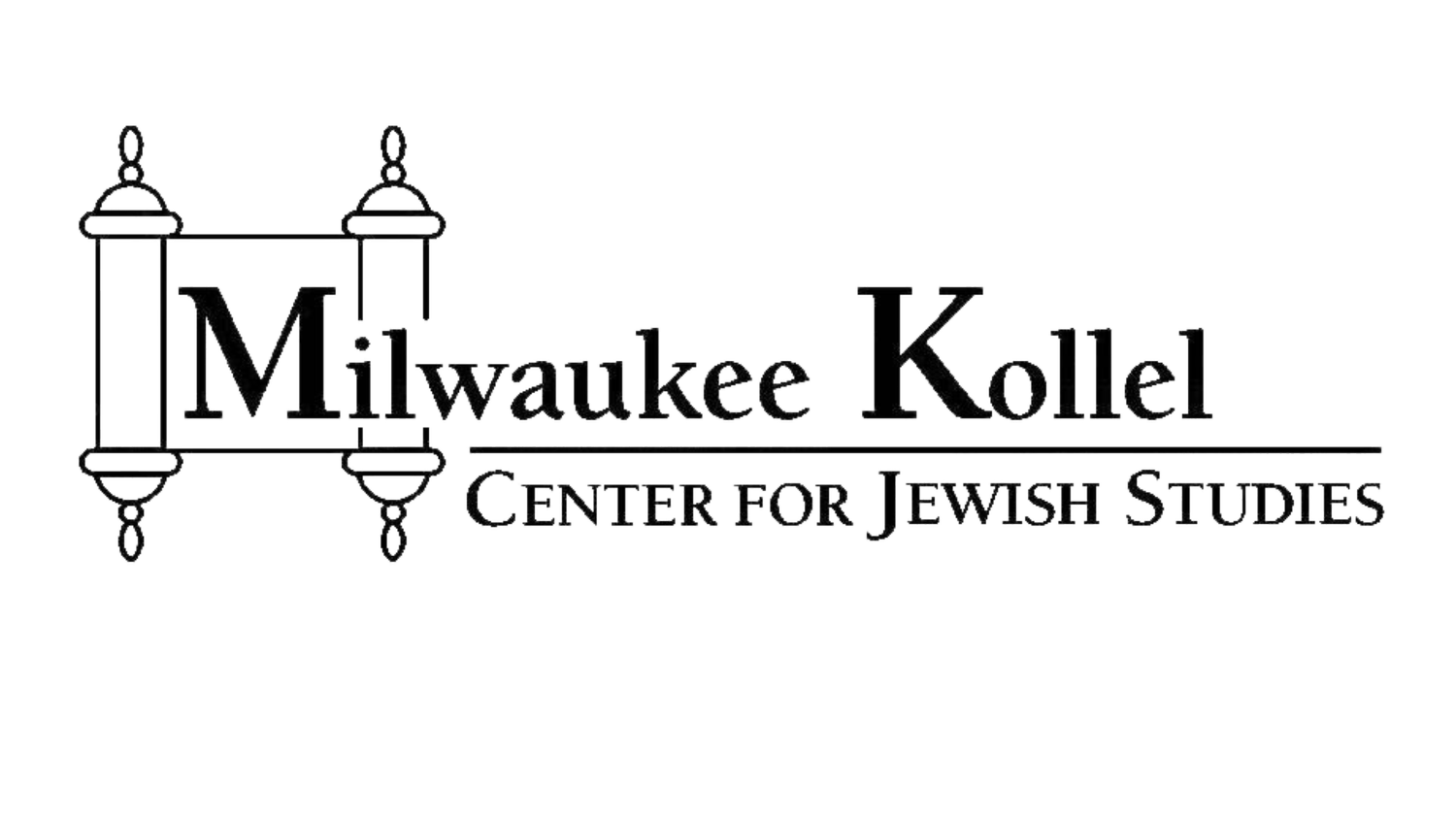Parshas Mishpatim: Feeling Helpless? Good News!
Rabbi Shmuli Gross
In this week’s Parsha, the Torah writes (Shemos 22: 21-22) “you shall not cause pain to any widow or orphan. For if you cause him pain and he shall cry out to Me, I will surely hear his outcry.” It is perplexing to consider that the Torah singles out the widow and orphan. Doesn’t Hashem listen to everybody who cries out to Him? Furthermore, the Torah says I shall “surely” hear his outcry. The word “surely” seems to be superfluous, why doesn’t it just say I will hear his outcry?
The Rabeinu Bechaya (22:22) explains as follows: It is the way of the world that if someone is in pain, he runs after people to help him. The widow and orphan don’t have people to help them; therefore, they do not rely on people. They only depend on Hashem since He is the Helper, Savior and Protector. This feeling alone is enough to guarantee divine assistance from Hashem. Furthermore, they feel totally helpless which adds a certain level of depth and sincerity to their prayers. For this reason, Hashem singles them out with a special guarantee, “I will surely hear his outcry.”
There is an enlightening story that illustrates this point. Two young girls went along with a 90 year old lady to Amukah to daven for a shidduch. Shortly thereafter, the old lady was engaged and the young girls were not. The girls were surprised. “How can it be that you got engaged before us?” they asked. The old lady replied, “You have everything going for you. There are many young boys available. Additionally, the shadchanim are all looking out for you. Therefore, you felt self-sufficient and, as a result, you davened to Hashem with only half a heart. I am old, the shadchanim have given up hope on me and there are few old men out there, therefore I felt truly helpless and poured out my heart before Hashem.”
It is worthwhile to realize and internalize that Hashem is the only One who “pulls strings” in this world. This will facilitate our feeling helpless without Hashem and eradicate attitudes that we only need him as a backup in a rare case of emergency. Internalizing the knowledge that Hashem is the only one who can help will add a layer of depth and sincerity to our prayers and we will see greater success in all areas of life. We should merit to incorporate this feeling of helplessness and reliance on Hashem into our davening and daily lives. May we see the promise of Hashem, “I will surely hear his outcry,” come to fruition.
